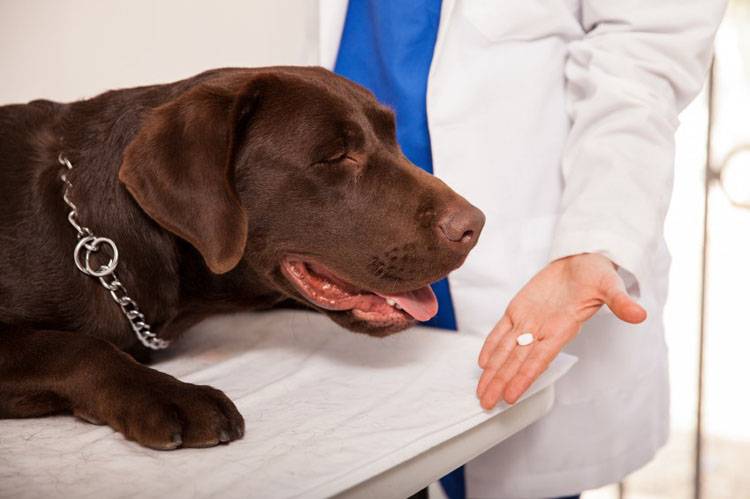Compounding Pharmacies for Pet Medicine
Finding pieces of pills on the carpet after wrestling with your pet means he’s not receiving the proper amount of medication needed. There is a customized and precise formulation used to give your pet the proper dosage each time that’s not only easy, but will also make sure your pet is receiving the proper dose. This process is called compounding pharmacies.
What is a Compounding Pharmacy?
Compounding pharmacies have been around for a long time and have become an important part of veterinary medicine. Some medications that were developed for people don’t come in the smaller dose that would be needed for pets.
In some cases, certain medications may stop being manufactured, which can result in the veterinarian having to use a drug not as effective. Another problem is owners are required to cut pills or tablets into halves or thirds to get the proper dose for their pets. By compounding medicines, the veterinarian can get the specific dose needed.
RELATED: How to Get a Job at an Animal Hospital
Benefits of Compounded Medication
Compounding is the process of altering a medication to either change the dosage or, in some cases, change the composition if your pet is allergic or sensitive to the ingredients. Other reasons for getting compounded medications are that it may be easier for an owner to give his pet a liquid form of medication rather than a pill or tablet. Some pets are difficult to pill and may not only find the pill hidden in their food, but also refuse to take their medication even when hidden in something tasty, such as cheese or meat.
How Compounding Works
Compounding pharmacies can offer medications that are appetizing and not bitter. Flavoring can be added, such as fish, beef, chicken, liver, sardines, cheese and bacon, and can be formulated into liquid, powder or even a paste. If your pet won’t accept any oral medications, many medications can be formulated into a topical application.
It’s also possible to formulate multiple medications and combine them. This will reduce the amount of times a medication would have to be given, making it easier for both the owner and his pet.
Veterinarians rely on well-known animal compounding pharmacies that follow the guidelines used by the Food and Drug Administration. If you’re having problems pilling your pet, contact a veterinary assistant about getting your pet’s medications compounded.
Sources:
www.petsreport.com/pet-medication
www.drsfostersmith.com
READ ALSO: Hypothyroidism in Dogs





